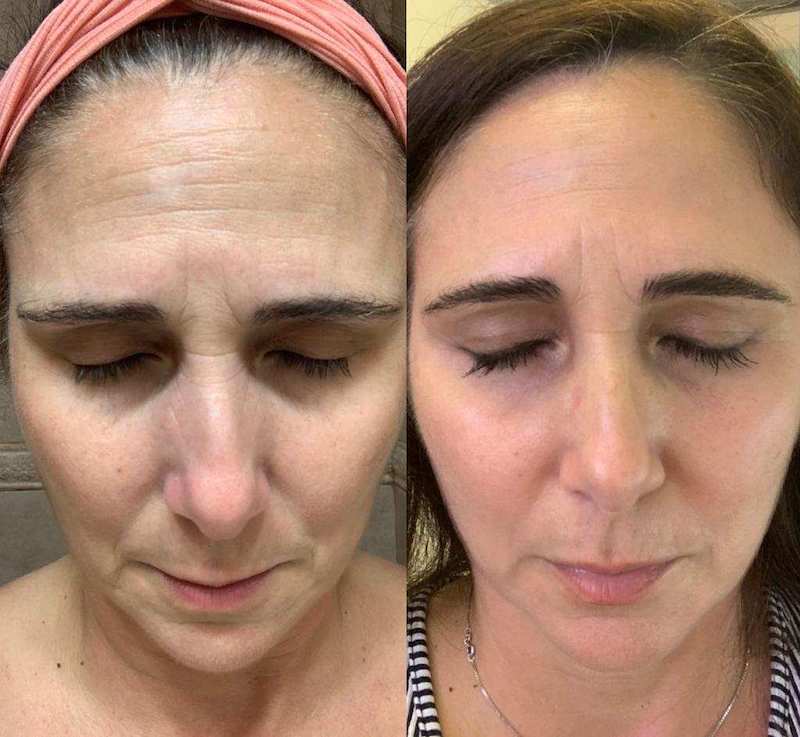 Low estrogen in women can happen for several reasons, such as menopause, stress, excessive exercise, or certain medical conditions. Estrogen is a key hormone that regulates the menstrual cycle, bone health, mood, and more.
Low estrogen in women can happen for several reasons, such as menopause, stress, excessive exercise, or certain medical conditions. Estrogen is a key hormone that regulates the menstrual cycle, bone health, mood, and more.Common symptoms of low estrogen include:
Painful sex due to a lack of vaginal lubrication
An increase in urinary tract infections (UTIs) due to a thinning of the urethra
Irregular or absent periods
Mood swings
Hot flashes
Breast tenderness
Headaches or worsening of pre-existing migraines
Depression
Difficulty concentrating
Fatigue
You may also find that your bones fracture or break more easily. This may be due to decreased bone density. Estrogen works in conjunction with calcium, vitamin D, and other minerals to keep bones strong. If your estrogen levels are low, you may experience decreased bone density.
If left untreated, low estrogen can lead to infertility in women.
What causes low estrogen?
Estrogen is primarily produced in the ovaries. Anything that affects the ovaries will eventually affect estrogen production.
Young women may experience low estrogen levels due to:
excessive exercise
eating disorders, such as anorexia
an underfunctioning pituitary gland
premature ovarian failure, which can result from genetic defects, toxins, or autoimmune disease
Turner syndrome
chronic kidney disease
In women over 40, low estrogen levels may be a sign of impending menopause. This transition period is called perimenopause.
Some Causes can include:
Menopause or perimenopause
Polycystic ovary syndrome (PCOS)
Eating disorders or extreme dieting
Excessive exercise
Autoimmune diseases or genetic disorders.
Treatment options depend on the cause and severity. Some common approaches are:
Hormone Replacement Therapy (HRT) — Provides synthetic estrogen.
Lifestyle changes — Managing stress, eating a nutrient-rich diet, and avoiding over-exercising.
Natural supplements — Foods rich in phytoestrogens like soy, flaxseeds, and sesame seeds may help balance hormones.




